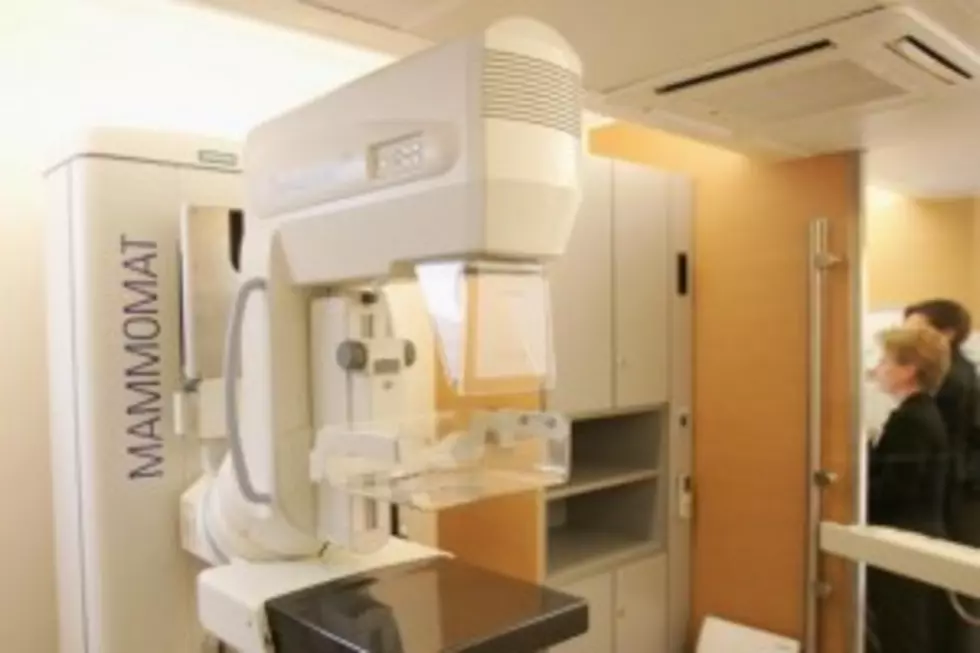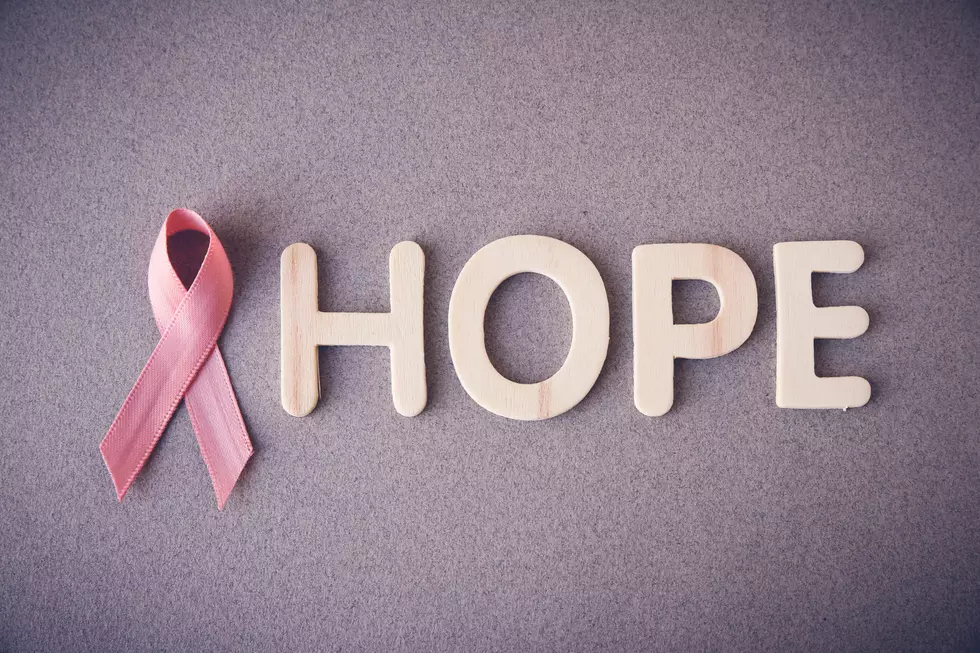
How to talk to someone with cancer: It’s all about being supportive
Chances are likely that someone you know will be diagnosed with cancer. Acknowledging the situation can be extremely difficult and uncomfortable, but a New Jersey medical expert offers advice on how you can address the patient, whether it's a loved one, friend or coworker.
"I don't think anybody expects you to say the absolute perfect thing or know exactly what to say," said Dr. Deborah M. Capko, a surgical oncologist at Memorial Sloan Kettering in Bernards.
Most patients realize that it's an awkward situation when they tell somebody that they've been diagnosed with cancer, and according to Capko, how someone respond afterwards is more important than the initial reaction. Being supportive is key.
"Once you're told somebody has cancer, follow up with them," Capko said. Even if you say something that's not the most appropriate thing, Capko suggests sending a text message later to explain that you were taken back by the person's diagnosis and ask them what you can do to help. "That's probably the most important thing you can do," she added.
Not knowing how to cope can cause a person to avoid or even ignore the cancer patient, but Capko points out cancer is not contagious.
"The idea of feeling isolated or being treated like that sick person is probably worse than anything else. That person wants to resume and do the things that they normally want to do. They want to go to work, they want to go to their kid's activities," said Capko.
Instead of discouraging a cancer patient not to do those things, Capko suggests asking the patient about their plans or what you can do to help them facilitate the things they want to do, even if you offer in a weekly text message.
"And with that text, it may be a time when the person is just not feeling all that well, and they can write back, this is not a good week, let's do something next week," Capko said.
Seeing a patient for the first time during cancer treatment, without realizing their appearance has been altered or they've lost their hair, can be shocking or difficult to hide one's reaction.
"I don't think you can make somebody feel better, but I think you have to acknowledge that there's been a change, but in a positive way," she said.
Capko suggests offering to go with the cancer patient to pick out a wig or bringing them a scarf when you visit.
Perhaps the most difficult situation is facing a terminal cancer patient.
"I think the most important part is just to be there with them and for them, and take whatever they say as your lead. What you say isn't so important, it's just what you do and what you follow through," said Capko.
"Listening is much more important than what you say to them, and hearing what they need or want, or desire is probably the most important part of dealing with all these patients with a new diagnosis, a terminal cancer, or getting through their treatment."
Memorial Sloan Kettering plans to open a facility in Monmouth County in January.
More From New Jersey 101.5 FM









